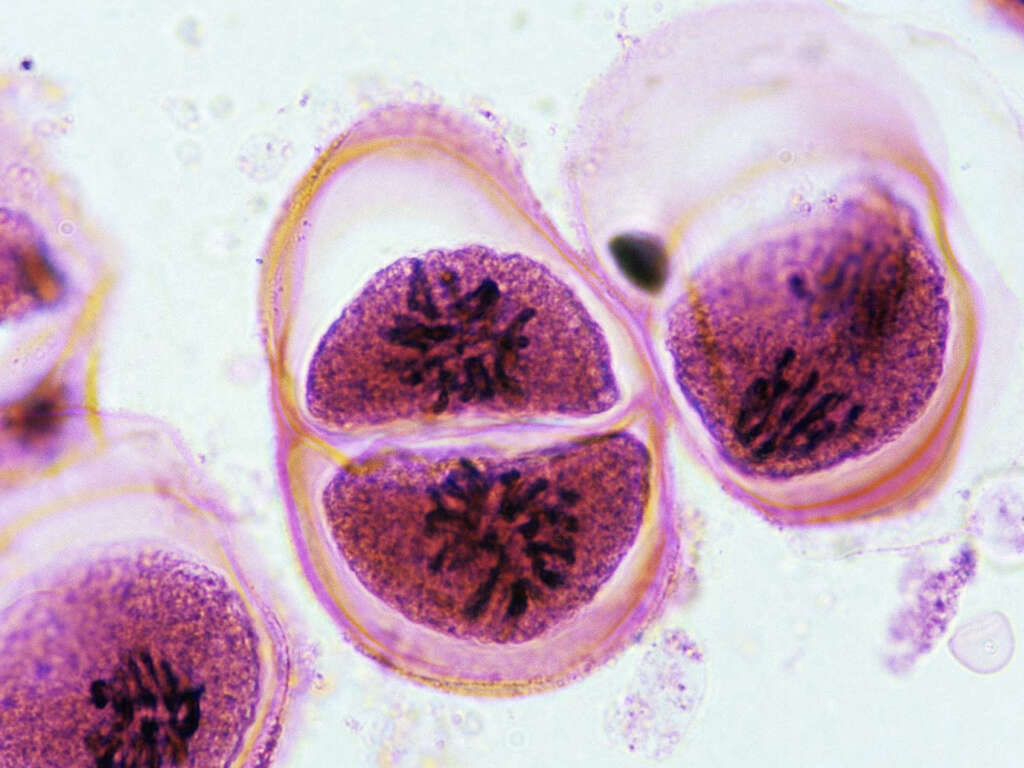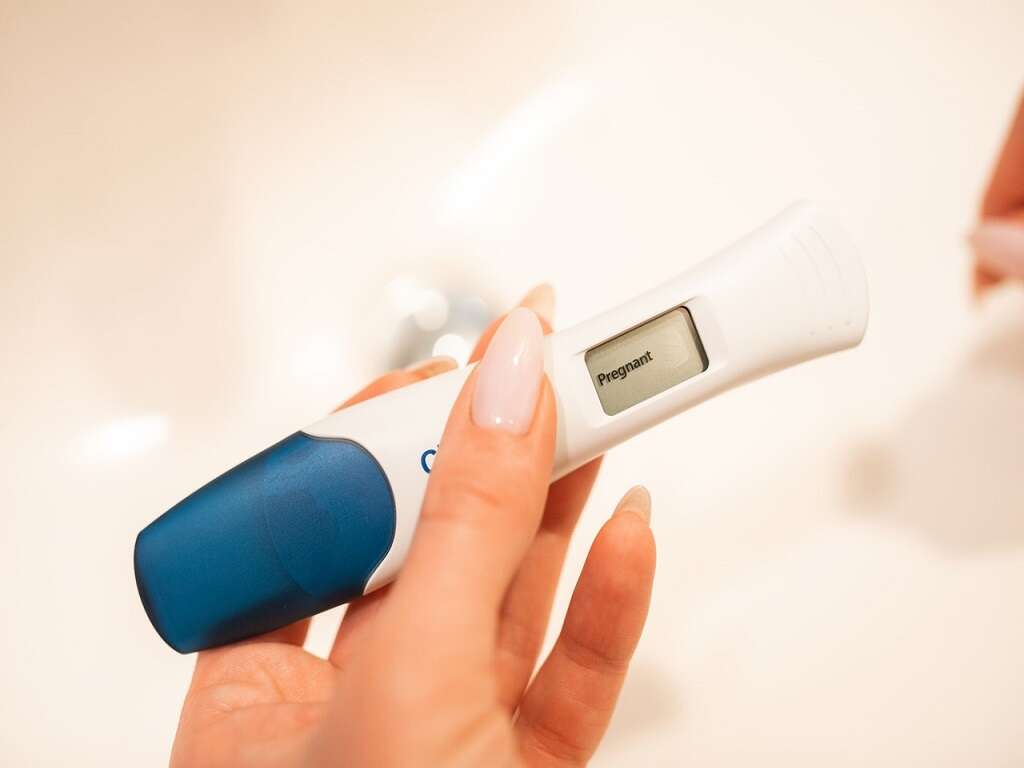10 Signs of Preterm Labor
 Article Sources
Article Sources
- 1. 'Preterm Labor and Birth.' American College of Obstetricians and Gynecologists, June 2020, www.acog.org/womens-health/faqs/preterm-labor-and-birth
- 2. 'Preterm Labor.' Mayo Clinic, 24 Dec. 2019, [www.mayoclinic.org/diseases-conditions/preterm-labor/symptoms-causes/syc-20376842.](https://www.mayoclinic.org/diseases-conditions/preterm-labor/symptoms-causes/syc-20376842.)
- 3. 'Water Breaking: Understand This Sign of Labor.' Mayo Clinic, 16 July 2019, www.mayoclinic.org/healthy-lifestyle/labor-and-delivery/in-depth/water-breaking/art-20044142
Preterm Prelabor Rupture of Membranes
Preterm prelabor rupture of membranes, or preterm PROM, is commonly referenced as water breaking before week 37. This means the fluid in the amniotic sac has ruptured, causing it to leak out.3‘Water Breaking: Understand This Sign of Labor.’ Mayo Clinic, 16 July 2019, www.mayoclinic.org/healthy-lifestyle/labor-and-delivery/in-depth/water-breaking/art-20044142
Generally, if this happens between 24 and 34 weeks, the obstetrician may try to delay further progression of labor to give the baby more time to develop.3‘Water Breaking: Understand This Sign of Labor.’ Mayo Clinic, 16 July 2019, www.mayoclinic.org/healthy-lifestyle/labor-and-delivery/in-depth/water-breaking/art-20044142 At 34 weeks and thereafter, delivery may be recommended to avoid the possibility of complications.3‘Water Breaking: Understand This Sign of Labor.’ Mayo Clinic, 16 July 2019, www.mayoclinic.org/healthy-lifestyle/labor-and-delivery/in-depth/water-breaking/art-20044142
Advertisement











